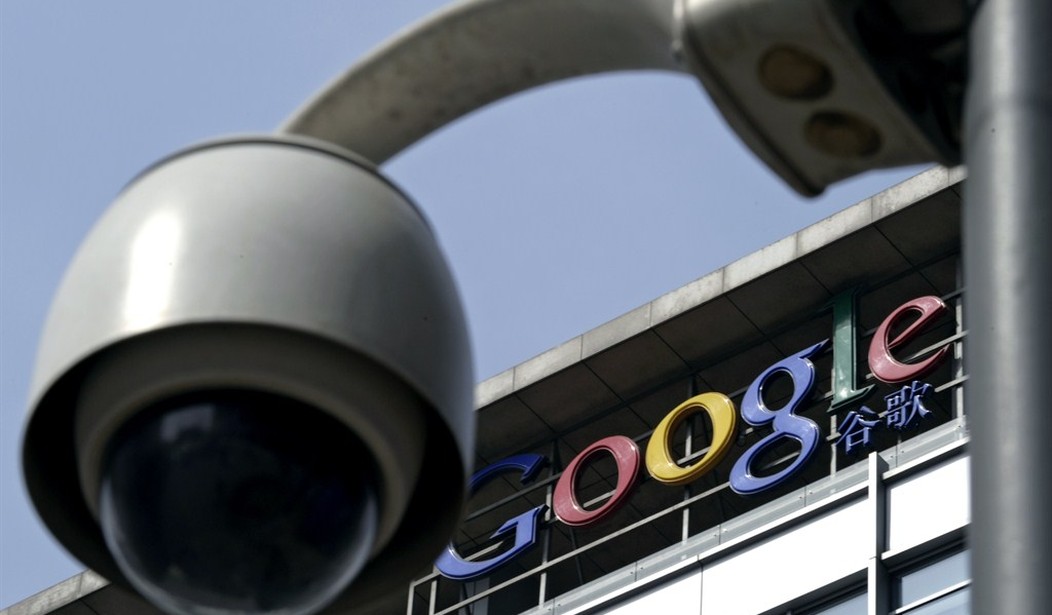If it weren’t for a short video-clip captured on a cell phone, the recent shooting of an unarmed, fleeing black man by a white police officer in South Carolina might not have been reported and acted upon. The man who videotaped the incident even considered deleting it.
Providentially, this alleged criminal act can be evaluated based on that tape. I say alleged because as of this writing the cop has not had his day in court. But that video is key.
Apart from all privacy concerns (of which there are many), this gets me to thinking about daily living in light of omnipresent video cameras. I can’t drive by an intersection where I live without seeing those ubiquitous cameras.
· Suppose you knew that everything you did and said was captured on videotape, would you live any differently?
· Suppose everything you said, including gossip behind someone’s back, were to be broadcast, would you say anything different?
· Suppose every word you wrote, even in private emails, were to end up being blasted throughout the media, would you reword anything?
Of course we would. I must confess that I drive more carefully when I’m followed by a police car. With that last question, the recent Sony hacking scandal comes to mind.
Tom Johnson, former head of CNN, once gave this great piece of advice: "Do what is right. If you aren't sure, ask yourself this question: 'How will my actions, taken in private, look if published on the front page of the newspaper my mother and father read?' You never need to lie or cheat to succeed in life." As has been said, character is what you are when no is watching.
I just heard a 30-year old story about a young man who passed his first driver’s test with flying colors. After the driving instructor who tested him left, he was relieved that he didn’t have to drive so perfectly now that the instructor was gone.
Recommended
We’re all like that. It’s easy to get back to normal, as if no one is watching us. But Someone is.
In some ways the ethic of our age is do what you will, even if it’s wrong---only don’t get caught. The unspoken assumption of all this is that we will not one day give an account for our lives.
But that’s not true. Jesus said what we whisper in secret will one day be shouted from the housetops. He also spoke of the day of reckoning we will all face one day---standing before Him. On that day, the books will be open, and no fancy lawyering can change the outcome. We’re all sinners; but only the blood of Jesus will save any of us, and it is available to all who call on Him.
What we do in secret is seen by God. Thus, we should strive to be the same in private as we are in public.
Previous generations understood all this better than ours does. In my wife’s hometown of Kristiansand, Norway is a thousand-year old church. I’ve attended services there. On the ceiling is an old painting of a human eye---representing the eye of God. It has reminded people for centuries that God sees all.
Generally, our nation’s founders believed in divine accountability. They believed that the people needed to be good of their own accord---knowing full well that we will all stand before God one day.
Bill Federer, historian, author, and speaker, has compiled great information in his book, The Original 13: A Documentary History of Religion in America's First Thirteen States.
Federer told me: “It’s interesting to see how so many of the constitutions of the original thirteen states of our country mentioned the importance of belief in God, because it was viewed as a requirement for moral behavior. Because to God, we will one day give an account. As the constitutions changed over time, becoming less religious and more secular, there was still this angle of divine accountability.”
For instance, he cites the Pennsylvania Constitution of 1776, which required officeholders to acknowledge "one God, the Creator and Governor of the Universe, the Rewarder of the good and the Punisher of the wicked. And I do acknowledge the Scriptures of the Old and New Testament to be given by Divine Inspiration." Even Ben Franklin signed this.
Federer adds, “Later, Pennsylvania's 1790, 1838, 1874 and 1968 Constitutions contained the wording: ‘That no person, who acknowledges the being of a God and a future state of rewards and punishments, shall, on account of his religious sentiments, be disqualified to hold any office or place of trust or profit under this commonwealth.’”
Knowledge of our accountability to God should change how we act.
Smile. You might be on candid camera.

























Join the conversation as a VIP Member